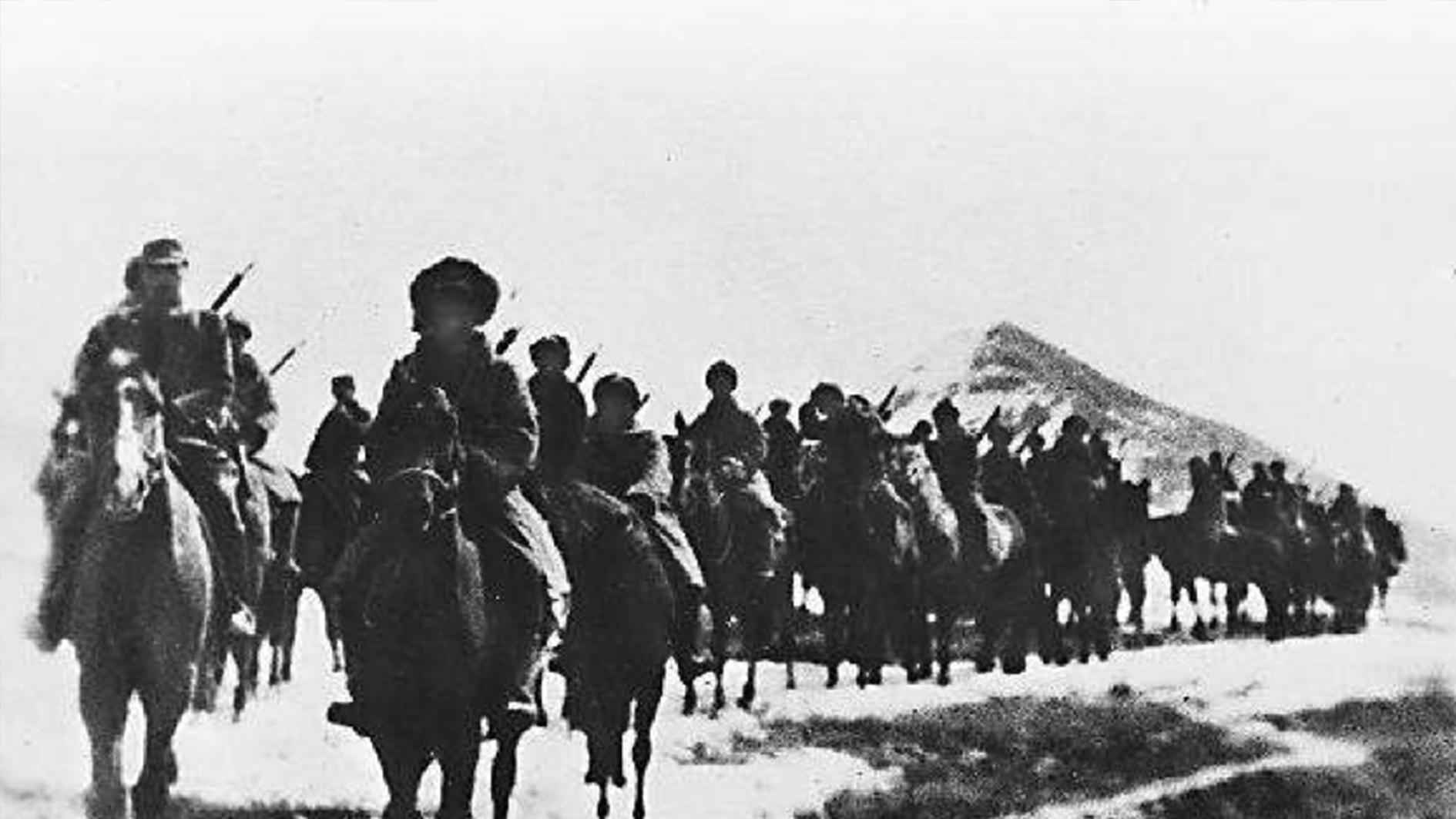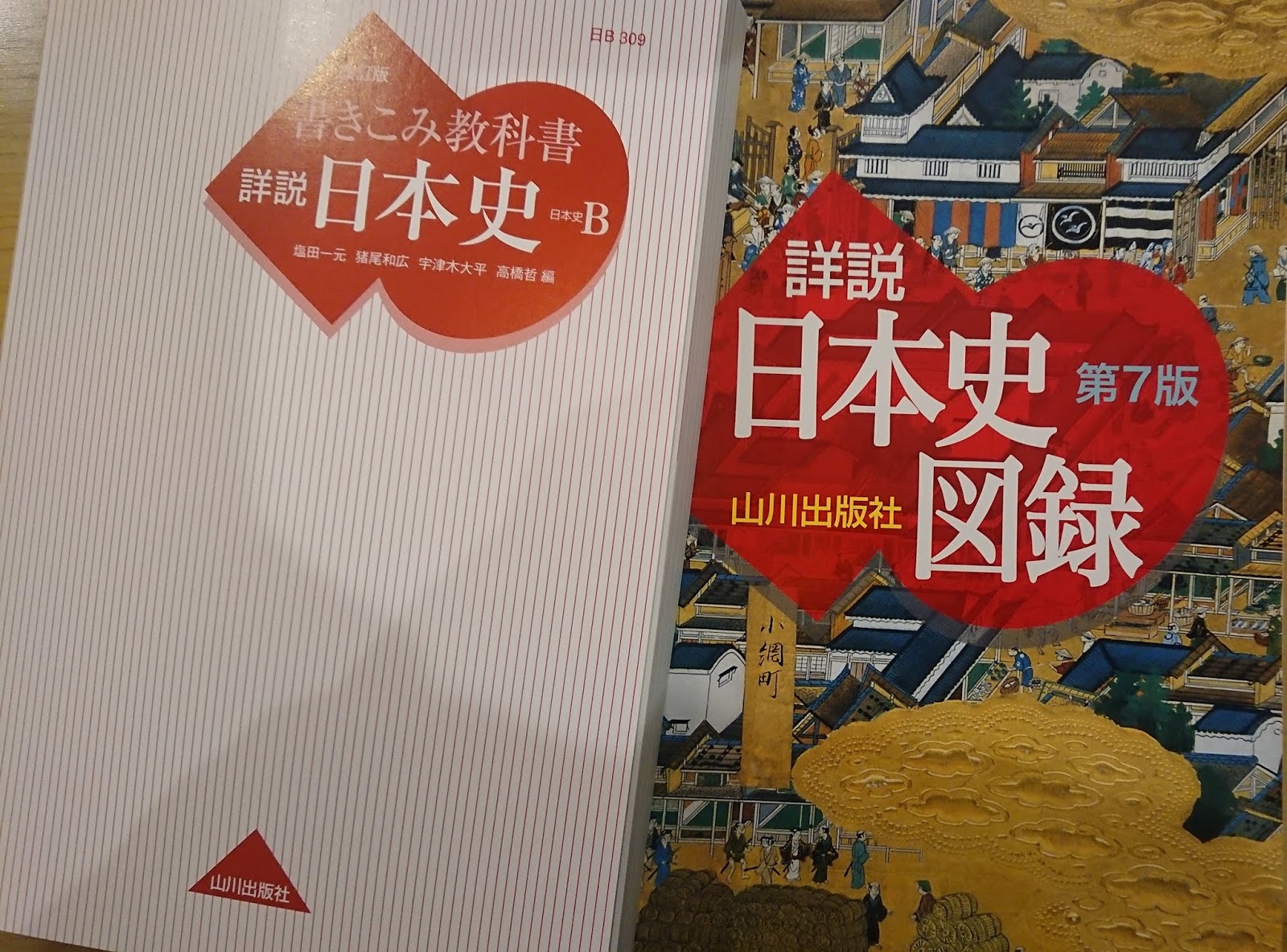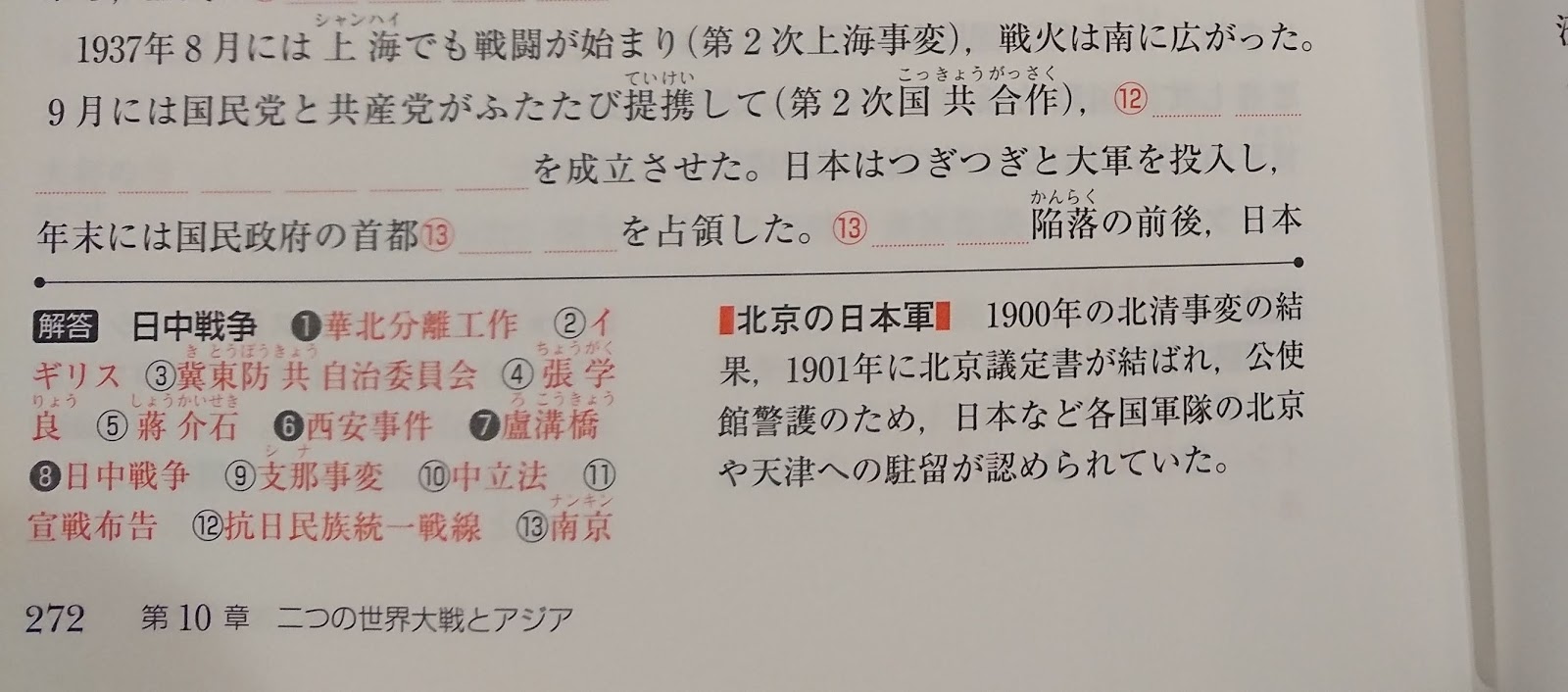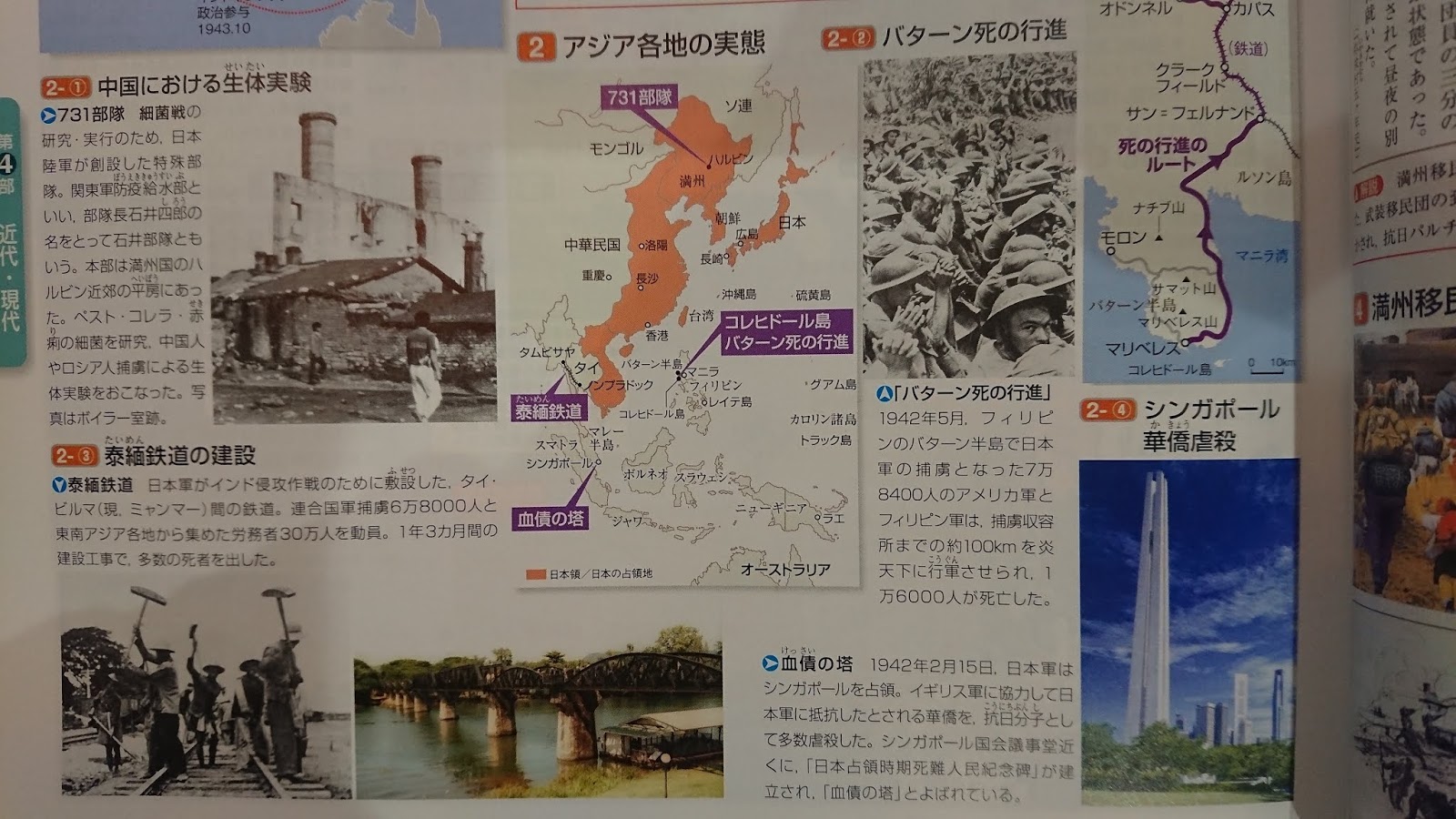This week marks the 75th anniversary of the atomic bombing of Hiroshima and Nagasaki, an action that prevented further American and Japanese casualties from a conventional invasion of mainland Japan. The bombings brought a swift end to the war in the Pacific theater, which began when Japan mounted a dastardly surprise attack on Pearl Harbor. Japan's complete capitulation and the subsequent American occupation drastically altered the course of Japanese history and the structure of Japanese society. In many ways, Japan was remade in America's image, a process that first began when Commodore Perry's black ships arrived at her shores. The Japan that emerged from the radioactive ashes of Hiroshima and Nagasaki is no longer a , but one with a strong desire for American leadership and more prosperous and peaceful than ever before. So in a poetic sense, the nuclear fires of Hiroshima and Nagasaki were spiritually purifying and marked the beginning of a successful process of re-writing Japanese cultural DNA for the better.
So yeah, you are welcome, Japan. Never forget that.
View attachment 62348
View attachment 62352
View attachment 62350
View attachment 62351
View attachment 62349
Some original footage of the atomic bombing of Hiroshima and Nagasaki:
The mushroom cloud on the left is from Hiroshima, one the right is from Nagasaki:
View attachment 62363
Enola Gay, the famous B-29 Superfortress that delivered the nuclear payload on Hiroshima:
View attachment 62364
Bockscar was the bomber that delivered the payload on Nagasaki. It remains well preserved to this day.
View attachment 62365
And finally, here's a photograph of the conquering hero MacArthur (left) towering over the capitulator Hirohito (right). General MacArthur would go on to transform Japanese society and culture in just a few short years, accomplishing far more than any native Japanese ruler had ever done. As an interesting aside, prior to this photograph, Hirohito had rarely been photographed standing next to another person, much less someone so much more physically imposing and authoritative; Hirohito stood a mere 5'5" (165cm) but was considered tall for a Japanese. The emperor had always posed alone for photographs, which were carefully manipulated to make him appear taller than he actually was.
View attachment 62366
This post should be in a history specific location. I see no reason why it should be allowed to "commemorate" the bombings if opposing views are not allowed to be made.
So here it is again.
The use of the atomic bombs were war crimes.
The ratilnality of them not being war crimes hinges on the start of the Second Sino-Japanese war being entirely on the fault of the Japanese, the start of the Pacific War by PH attack was entirely on the fault of the Japanese, that the Japanese were by nature equvilent to intolerable society like the Nazis, and that the US "had to make Japan surrender" on the unconditional terms.
All of those points are false.
CKS and KMT had made agreement that kept Japan's Manchuria intack. Japanese northern activities in mid 1930s were for reinforcing the Manchuria area. That was the scope of most interests in China. CKS was on the hunt for the chinese commies. But CKS was betrayed by one of his generals and was kidnapped and brought to the Chinese communists so as to make truce and start war with Japan in Dec 1936.
Run up to PH attack is full of the US getting itself involved in China matters, we all know this. If the US created definition of "war criminal" was applied in a non-bias way, then FDR would be a war criminal just like Tojo for being racists and key figure in the escalation towards war. Truman for approving the use of the atomic bombs which was the massacre of mass civilians, that being more at fault than "Class A war criminal" Iwane Matsui for being charged with the Nanking massacre. So the carrier USS Truman going about is really named after a war criminal by US definition.
From the moralist perspective, the nature of Imperial Japan was no worse than the average of other empires or US. And was better than the SU, KMT, and CCP. The "necessity" to completely eliminate Imperial Japan resulted in the victory of the CCP, the fall of Taiwan to KMT distorship, and the split in Korea with the fat-kim regime in the north and the south taking 4 decades to suppass levels as it was when part of the empire. The korean War was a direct result too. Had the US been any slower, it might have been a full Fat-Kim regime on the peninsula today. Vietnam war as well probably.
It took many years and the ability to see very different views on perspectives which was not just various views in Japan but also CCP views which their own propaganda measures so poorly. It's amazing how long it took to realize the obvious once things are known.
Last edited:





